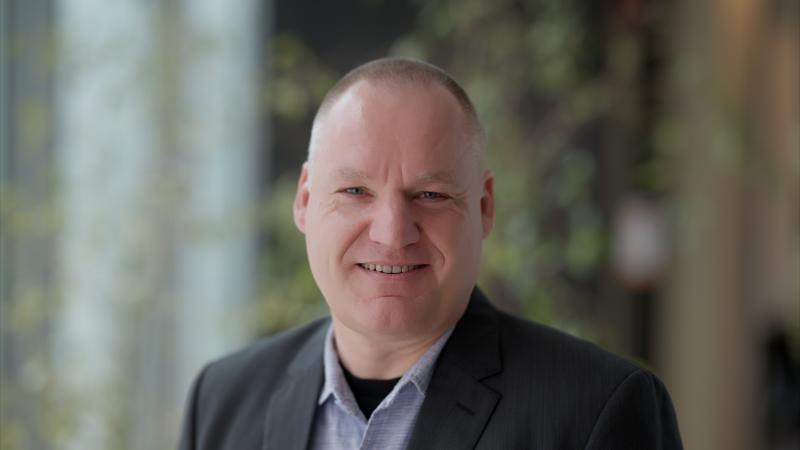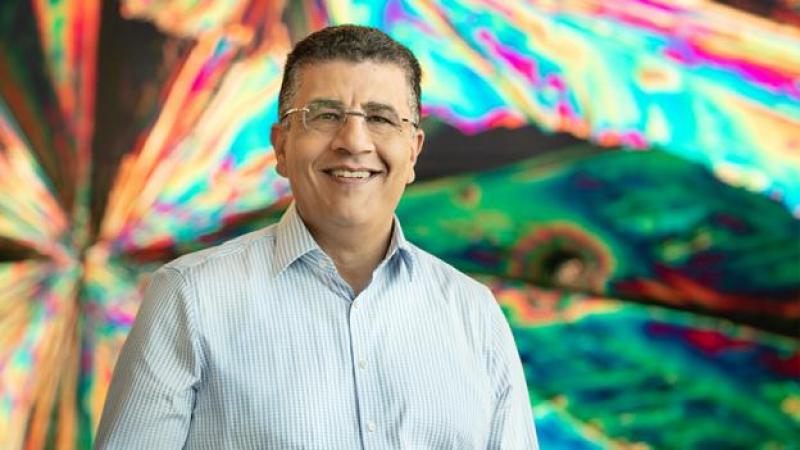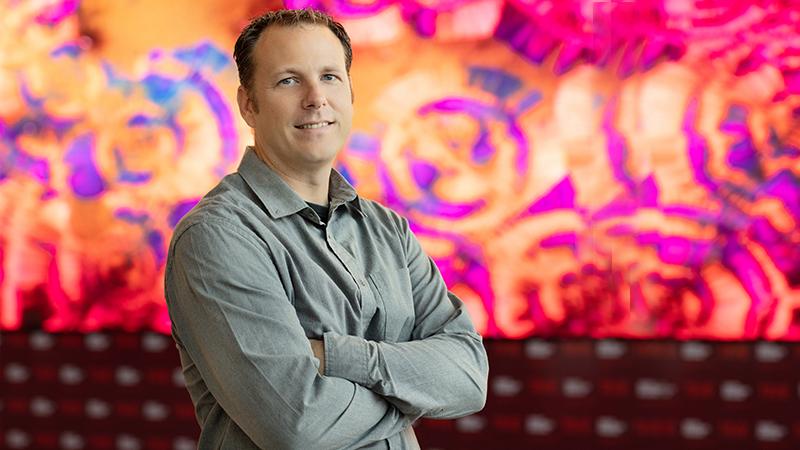Technological advances and exciting research at KAUST in recent years has led to the formation of several start-up companies through the Visual Computing Center (VCC) directed by Professor Wolfgang Heidrich. From interactive platforms for presenting Islamic history and culture, to autonomous drones generating 3D maps of entire city districts, KAUST’s researchers are at the forefront of new technology-based business.
A fine example of a start-up based at KAUST is FalconViz, led by Neil Smith, Mohamed Shalaby and PhD candidate Luca Passone and their team. The researchers have developed a new way of aerial surveying and mapping using high-resolution cameras attached to remote-controlled ‘quadcopters’, or unmanned aerial vehicles (UAVs). They successfully produced detailed maps of the ancient Saudi-Arabian city of Al-Balad within Jeddah. Jeddah was awarded World Heritage Site status by UNESCO in 2014.
Many of Al-Balad’s ancient buildings are in a poor state of repair and often unsafe for surveyors to access on foot. Traditional surveying methods are slow and painstaking, and there were concerns that, without intervention using new technology, significant information would be lost as the frail structures deteriorated.
The UAVs designed and built by FalconViz operate fifty meters above the ground, and are controlled by a pilot whose goggles allow him to sit in a ‘virtual cockpit’. When it came to creating images of Al-Balad, however, the team experienced some unexpected difficulties: “Al-Balad is a huge, highly congested old city,” describes Smith. “We tried flying one mission manually and found it was very easy to lose our bearings because all the buildings look very similar from the air. In order to systematically cover the entire 250,000 square-meter area, we had to invest significant time in creating detailed autonomous mission plans so that our UAV could fly over the area without the pilot.”
Read the full article


